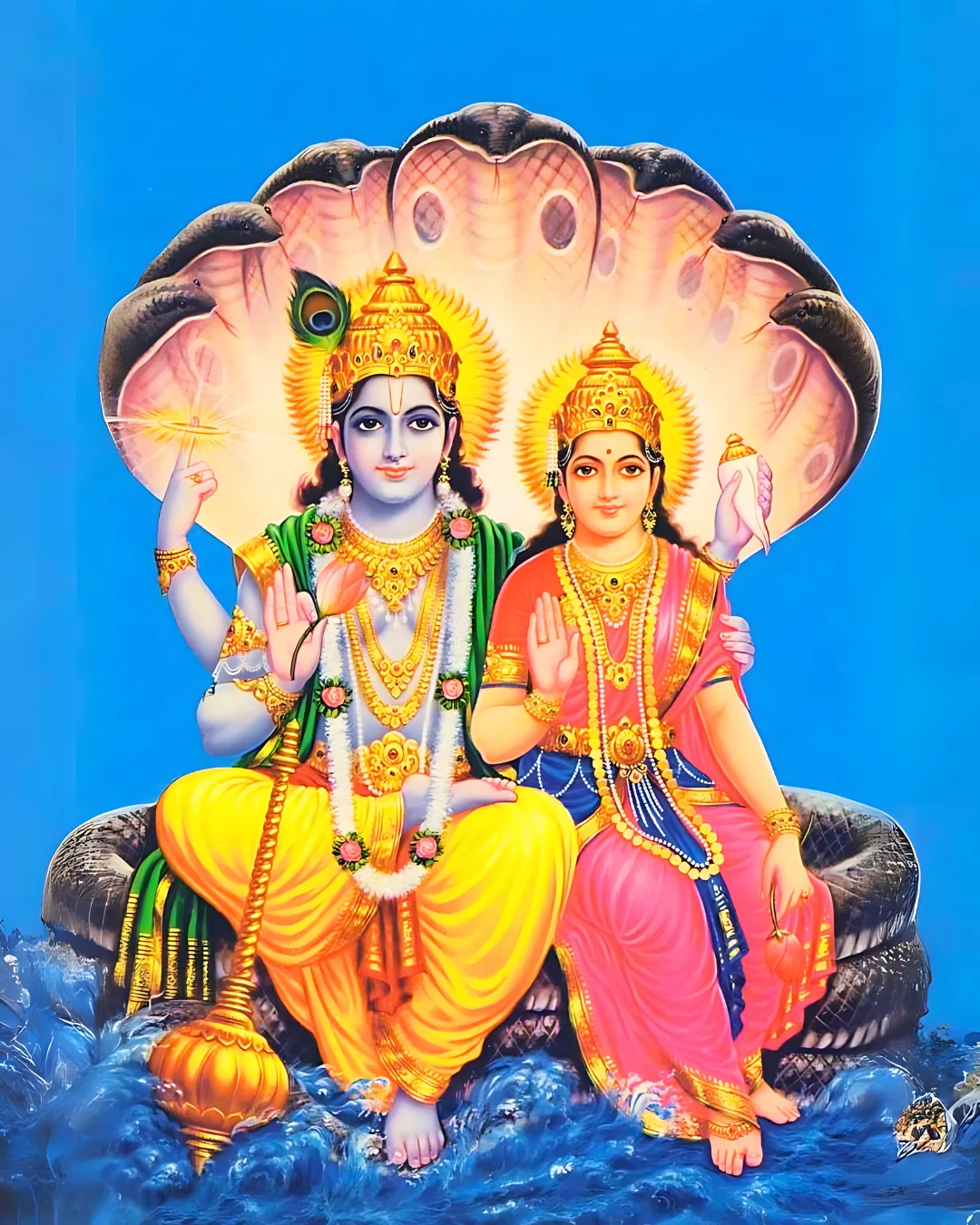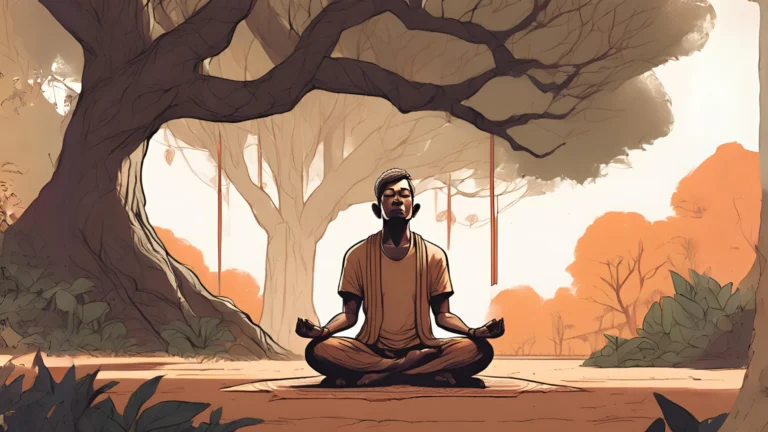Please Like the Blog and Share it for Maximum Reach
Table of Contents
Life is uncertain
Our life is a combination of opposite polarities. Sometimes we are positive and happy while at other times despair and negativity warp our personality. Most times we cannot figure out the exact causes or reasons for such positivity and negativity. A rough estimation of positive and negative feelings is available.

Our mind only throws negative thoughts at us and finding its solution might take us a long time. The formula for 99.99% of the population is simple. If they can achieve or do what their heart desires, they are positive and motivated. So, abiding by this, when we do not meet our desires or someone puts us down we become negative.
Yet we cannot determine with exactness when we can become happy or sorrowful. Our life has become a movement in chance. This is bad. Therefore, it is better that we dig deep into the actual causes for our worries so that we can realize them and remove the possibilities of worry and negativity.
Introduction to Pride and Humility
There are two factors that, if taken care of, in the long term can ensure that we remain positive most times. When we gain something from our environment, our mind’s innate propensity is to enter a callous and carefree mindset.
Mind reels with possibilities of more pleasure. For example, if we get a job interview for a technological position in an IT company. Now, having worked very hard on many technologies earlier, the thought of qualifying might overpower us.

We may be very confident on the strengths that our Resume reflects. Also, we may sometimes underestimate the requirements or job profile we are being offered. On the day of the interview, the questions that the interviewer poses in front of us might baffle us. They may bombard us with questions we might never expect.
As a result, we fail at the interview.
We go home and check our interview letter and then we find out that there is a small job profile detail that we have missed out. Astonishingly, the interviewer bombarded us with only those questions on technology, about which we knew nothing. If we were a little careful, we could study a bit on that technology and at the beginning of the interview we could highlight our weaknesses.
This step would clarify all the misconceptions and give room for a productive conversation. This would have left a positive mark on the interviewer. Instead, we became callous and carefree. So, most of the time we ignore important details.
Naturally we will lose motivation and become a bit worried after such an experience.
Influence of Pride on Other Aspects of Life
This is just one instance.
There may be hundreds of such instances in a month which are disturbing. Carelessness slipped in because we became over-confident about our strengths. This over-confidence also represents pride of some kind. Pride is a blinker that attenuates a lot of information or useful data from our consciousness.
Because of this, ignorance of some sort sets in and we become laid back. Instead, if we would have been careful without coming under the influence of our exaggerated capabilities on our psyche, we emerge as more meticulous beings. When we are in the present moment, completely conscious of the present situation and the job at hand, we remain humble without taking the weight of our achievements and greatness into consideration.
When we remain in a humble mood, we remain present and watchful. A humble man is very conscious and can never make the mistakes that a proud gentleman would make.
When there are fewer mistakes from our end, naturally we have fewer things to worry about.
A Lesson on Pride

Shifo was a Chinese Zen master.
Once a monk from a neighboring village, known for his knowledge came to visit Shifo. The monk was famous for his rash behavior with people because he was proud of his knowledge and did not consider others to be very important.
The monk from the neighboring village visited Shifo and knocked at his door. Shifo was an enlightened master. He was also taller than the visiting monk. Hearing the knock, he opened the door and looked over the monk’s shoulder and shut the door on the face of the monk.
The same thing repeated itself when the monk rang the bell once again. The monk felt insulted as he waited at the shut door. He was also seething with anger. Just then, another farmer came to the door and he scanned the angry monk from top to bottom. Twisting his lips in wonder, he rang the doorbell.
Shifo opened the door and welcomed the farmer with great courtesy. The monk also followed the farmer into the hut and sat beside the farmer as Shifo discussed some personal things with the farmer with a lot of love and humility.
Blinkers of Pride and Maya
When Pride becomes big, man declines to a puny status. His behavior towards others and the world changes. He becomes an isolated island and finds engrossment in petty feelings of greatness and awe about himself. This awe or self-reverence he does not understand, that – it stands for self-centered and self-defeating purposes.
He cannot realize that this behavior shall ultimately bring his own downfall. He floats in plans and schemes that are imaginary and not grounded. The problem of not being grounded is that one can fall even at the drop of a pin.
A grounded person can never suffer a fall. We can avoid a fall in life intelligently. Pride can take many other atrocious forms like narcissism and lowly states of egoism. When this happens, one can safely conclude that the person is heading towards self-destruction, towards self-defeat where he shall lose himself completely.

Pride can take one towards ruination in the earliest possible time. One should understand that it is Pride that shuts out reality. As the web of illusion consumes us, the mind weaves vividly the fake fabric of attainments with the onset of pride.
As the web of illusion consumes us, the mind weaves vividly with the onset of pride. As the web of illusion that the mind weaves vividly with the onset of pride. This is verily the most devastating representation of Maya, of that which is not.
7/8 Questions from Sanatana Dharma
The scores generated in this Quiz may or may not be absolute. There may be right or wrong answers to each Question. A percentage towards 100 indicates that you are more aligned to the overall subject matter.
Humility: An Antidote to Pride
Antidote to pride is humility.
Pride is not always bad. Some say that if it does not harm others, then it is okay. However, there is a long-term problem that the proud person faces for himself. Though a person filled with pride might not harm others, he shall surely experience the ill-effect on himself over the long-run.
So, the negative effects cannot go unseen. It is always better to keep all forms of pride away, as in the end, it yields negative outcomes. But, always keep a high self esteem. Humility is not the artificial or made-up process of humbleness that one mimics on the outside, probably done by most to fool others.
Humility is born out of this knowledge that one can never know everything and whatever one knows now shall become irrelevant in the next moment. When this feeling takes deep root in the heart, when there is an acceptance that one has no position and can attain no position ever, one becomes free from the burden of ego or the false-sense of I and Mine.

Only out of this deep realization can humility be born.
When humility becomes intense, it leads to self-realization, attainment of the highest reality. This attainment shall ground the person permanently. Maya or the fallacies of self-pride can never sway such a person. When humility is born, awareness becomes intense.
One remains attentive and attains a receiving mode. Humility is the nature of a true student, a true seeker.
How is Clarity produced by Humility?
When one becomes humble, one never assumes that one knows out of so-called gained knowledge. He remains like a student learning things at every step. When one attains this humility, there are no blockages or assumptions as one learns out of such humility.
Because there are no blockages or doubts as one assimilates through perfect attention, clarity is born. When assimilation becomes perfect, clarity will grow. With growing clarity, one’s knowledge will keep growing and yet humility shall only allow that knowledge to reach newer heights without impeding the quality of reception.
When self-pride dominates the heart, it impedes the reception of knowledge. All said, one has to pray and practice in such a way that pride never overpowers us, under any circumstance. Instead, one should yearn to be humble and helpful.
With humility one attains service attitude and one can become a significant contributor towards the overall welfare of Creation. One of the major reasons pride attacks us is our vociferous envy and opposition to God, within our hearts. Humility can set in, only when we accept the Supreme Being, far superior to us, as per the revealed Scriptures.
Only on such acceptance, the subservience to God or Bhagavan can we truly be rid of Pride and enter the domain of utter humility within the cave of our heart.
God is Real
God is not the creation of man.
Many philosophers of the past, some skilled speakers, having Indian genes say that Man created God. This is one of the most ridiculous arguments. If God were to have created man, who created all that we see around? If someone never created it, how is it all there?

If there is energy, there is an energetic being behind it. If there is power, then there is a powerful being , behind it. This is common sense. This is called intuitive evidence, or evidence based on supportive facts.
It’s like this, the night is dark and we have seen the moon and the stars. But we also know that the stars and moon cannot light up the sky. However, for 12 hours we see that the sky is lit.
This again means that something which is more powerful has caused the thing called “day” to happen. Even if you can feel the heat during the day, you know that something has caused it. There is supporting proof that there is an entity which is not the Moon or the stars.
We call it the Sun! Similarly there is someone who makes everything happen, it cannot happen without a cause. God is just another name for the cause of all causes, which the Scriptures call God.
How to know God
We cannot simply say that God exists and forget about it. The question is, just as we experience day and night, heat and cold, can we experience God? The simple answer is, if Truthful and Enlightened people say that God exists, that means he has to be in our experience.
The process through which we can experience God, is Sadhana or spiritual practice. Spiritual Practice is nothing but our effort to get the spirit into action. Even now our spirit is in action, no doubt, but this action is involuntary. A lot of things we do, we are not aware of or not entirely conscious of.
Our heart beats, our skin pores open and shut, our nails grow. So many things happen within our system but we are largely unconscious of many of these happenings.
The spirit is involved in all voluntary and involuntary processes that govern our life and yet we do not feel the spirit in its full glory. Hence we need to take up specific practices that will make one aware of the spirit in operation.
What can Sadhana do for us?
Sadhana should awaken aspects of the mind which makes the sadhaka self-aware where he can see the workings of his unconscious aspects. When the sadhana deepens, he shall be able to witness the working of the universe. If he is humble and surrenders himself to sadhana completely he shall be able to see the “Person” operating behind the workings of the Universe who is operating the Universe.
This is the Secret of Sadhana.
We operate out of ignorance
Our current ways of working depend on our limited understanding of our subject, the skills that we have learnt from imperfect sources, through our imperfect senses. What drives our learning is the Ego hidden behind the veil of ignorance which is nothing but the huge shadow cast by our Ego.

When everything that we learn is in darkness, in shadows, then how can we trust our so-called knowledge and skills? Whatever is emulated by us, has a short shelf-life. God or Bhagawan manages the world, with the instrument of Mother Nature. Our environment, our so-called understanding and intelligence is being constantly challenged by the needle of the second-hand.
In such a rapidly changing environment how can we remain relevant? Our brittle ego tries to portray that we know everything, and that is the irony. This hides the actual picture of Creation from us.
We can know the Creator through His Creation
If we cannot understand and see how Creation works, can we dream of knowing the Creator? For example, an artist has studied the work of Picasso. Not only that, he has studied his art in great depth.

He has understood the colors and the style of all his paintings. He has understood what colors he uses. He has studied the curves of his figures, how they occur and so many things that are typical of Picasso’s art. Now among hundreds of works of art, the admirer of art can easily figure out the works of Picasso although he has not seen that work ever before. This is because he has seen the Creator of the art, through his creation and he has recognized him.
So, unless one has seen and understood the Creation of the Lord, how will he know the Lord? Sadhana is that process which makes one sensitive to Creation from where one will witness the Creator, The Lord.
Two ends of the Faith Spectrum
Blind Faith or belief drives many people or many people may be utterly faithless. Both these expressions are like blinkers that blink out Creation itself. When one is driven by blind-faith, another individual with a stronger mind, who may be also be ignorant or has vested interests, influences them.
This is the height of being blind-folded. Just by blindly believing in God, there is a possibility that one can get into an area of self-defeat. To be steeped in blind-faith is to be plagued by unnecessary emotionalism and hallucinations and taking that which is not, to be something real.
Rather, it is better that one takes up a scientific and a methodical approach towards spirituality. It is best to take the help of wise men of God who are practical and realistic in their approach. Following enlightened ones, taking up a serious study of Sanatana Dharma and the scriptures is essential for progressing spiritually.

Associating with teachers of Sanatana Dharma and soaking oneself in the Dharma is important. One has to know that study or Swadhyaya (स्वाध्याय Self-Study) has to be complemented by common-sense and a meditative approach. People who are faithless have closed minds and hence they have shut themselves up from all possibilities.
Finally, God is real and can very much become a part of one’s direct experience. However, the question is, how much are we committed to the cause? Are we really interested in our Creator, the one who has created us and not the other way round? If our search is serious, we should get down to sadhana under an adept spiritual master.
The dynamics of Sadhana, of seeking, can only be to accomplish if we trust the words of the scriptures and put the methodologies recommended by them into action under the guidance of such an accomplished spiritual master.
Only then can we develop genuine humility, free of pride, the hallmark of a perfect devotee.
Please Like the Blog and Share it for Maximum Reach







